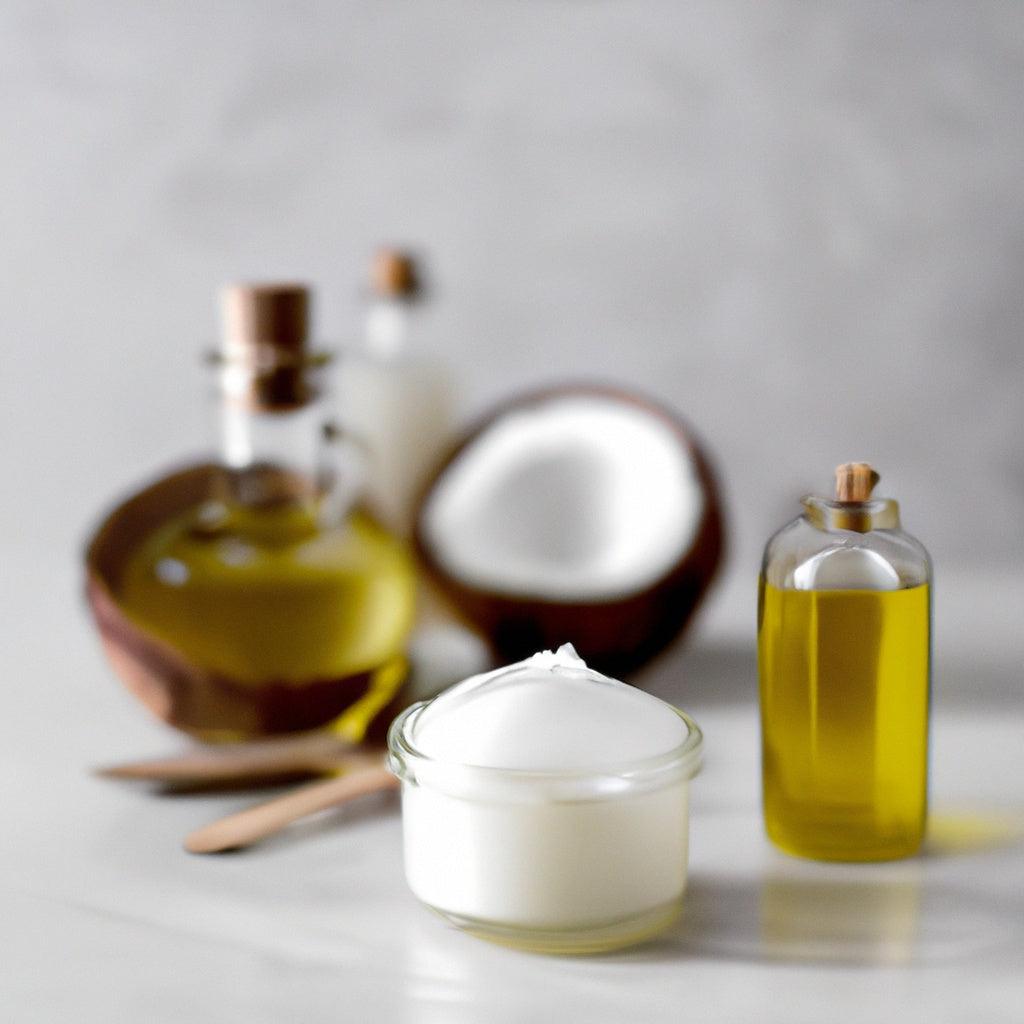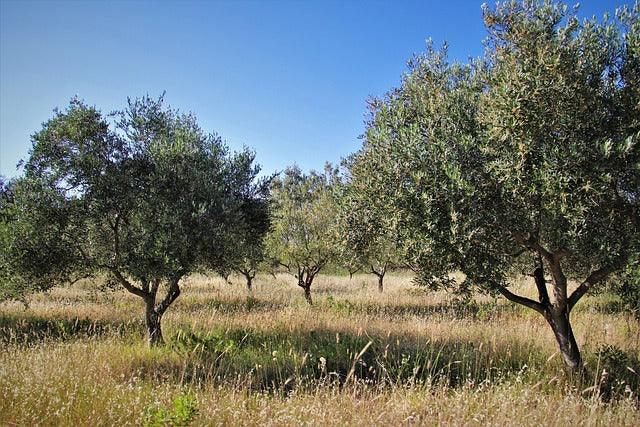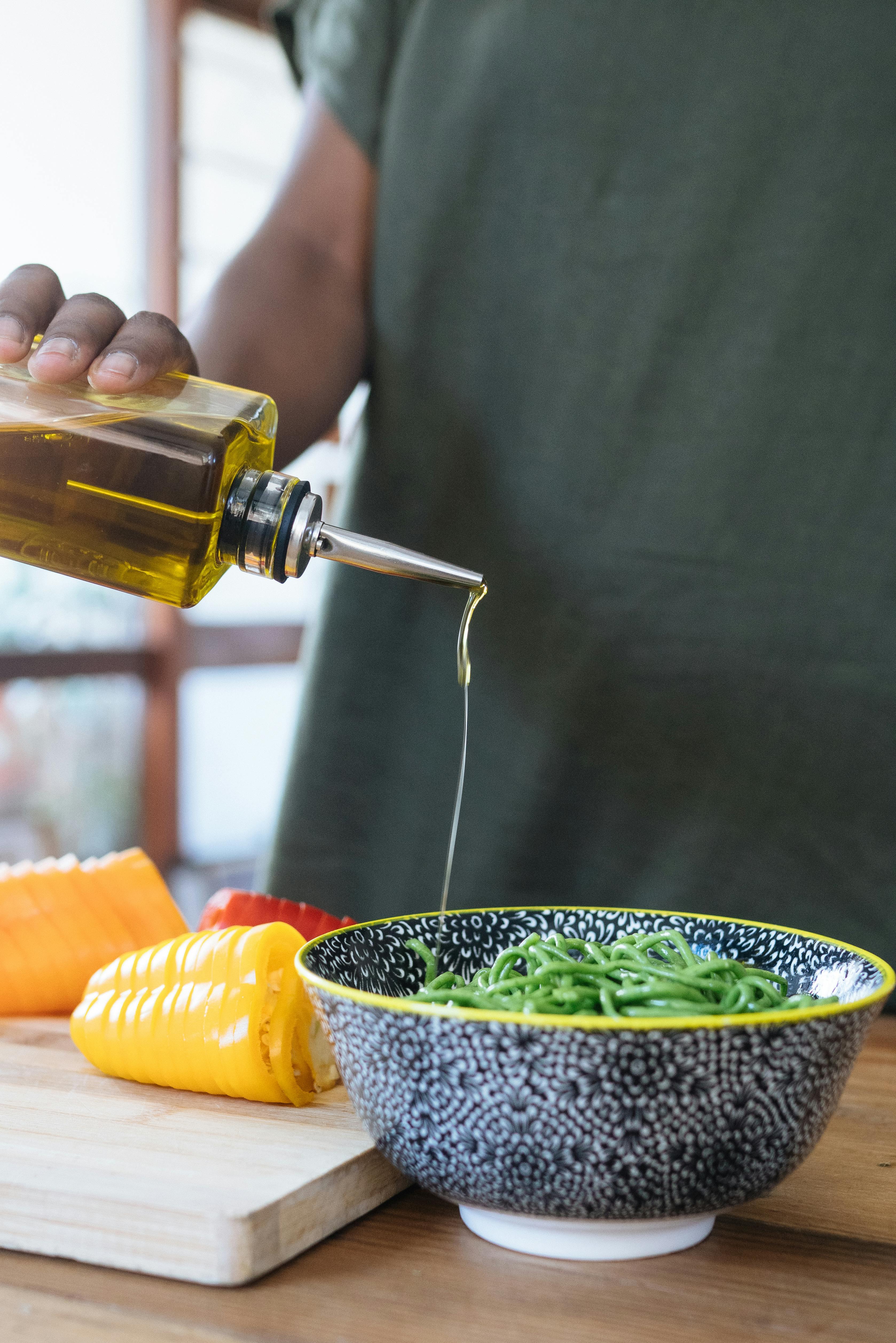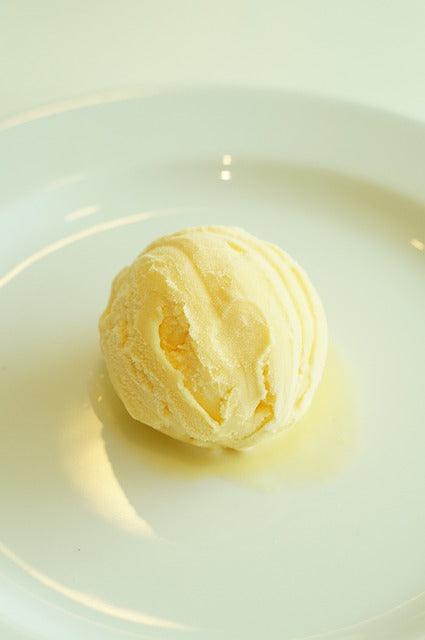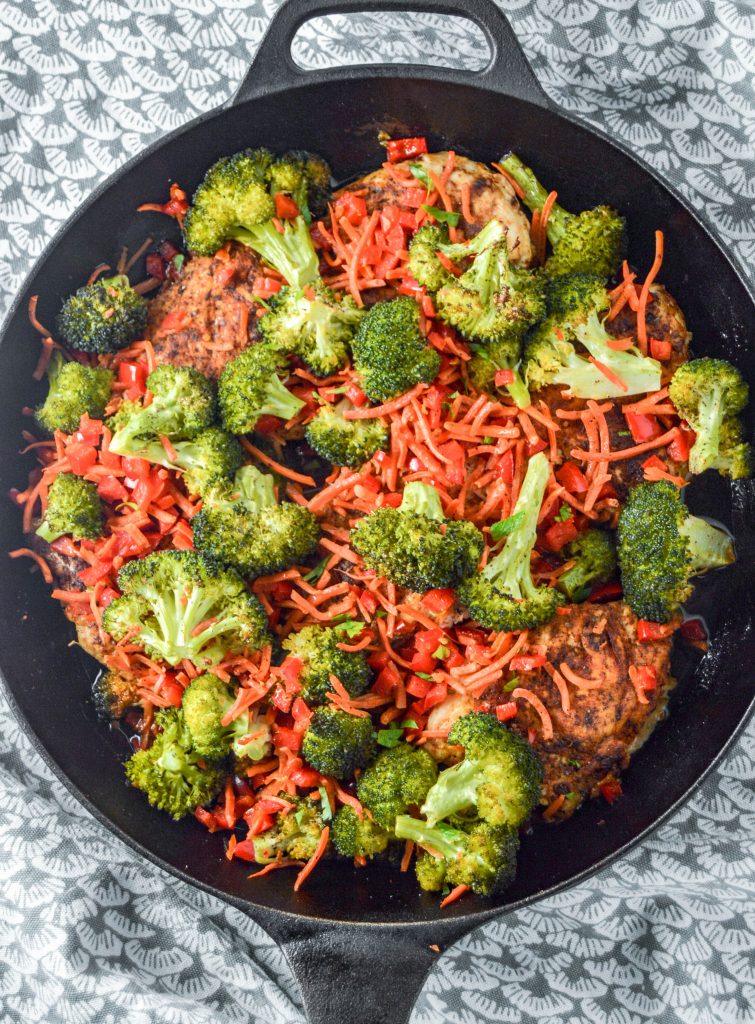Coconut oil has long been a staple in tropical regions, revered for its versatile uses and myriad health benefits. In recent years, its popularity has surged worldwide, with health enthusiasts, chefs, and beauty experts touting its benefits. Among the various types of coconut oil available, virgin and extra virgin coconut oil stand out for their purity and nutritional profiles. But what exactly sets them apart, and how can you incorporate them into your lifestyle? Let's dive in.
Virgin Coconut Oil: The Basics
Virgin coconut oil (VCO) is extracted from fresh coconut meat without the use of high temperatures or chemicals. This process, known as "cold-pressing," preserves the oil's natural nutrients, flavor, and aroma. Here are some key characteristics of virgin coconut oil:
- Purity: VCO is unrefined and free from additives, ensuring you get a product as close to its natural state as possible.
-Nutrient-Rich: It retains a high content of medium-chain fatty acids (MCFAs), particularly lauric acid, which is known for its antimicrobial properties.
- Flavor and Aroma: Virgin coconut oil has a distinct, pleasant coconut flavor and aroma, making it ideal for culinary uses and skin care.
Extra Virgin Coconut Oil: Is There a Difference?
The term "extra virgin" is widely recognized in the olive oil industry, denoting the highest quality and purity. However, when it comes to coconut oil, the distinction between "virgin" and "extra virgin" is less clear-cut. Unlike olive oil, there is no universally accepted standard for what constitutes "extra virgin" coconut oil. Most experts agree that the terms are often used interchangeably. That said, some producers may label their highest-quality VCO as "extra virgin" to emphasize its purity and superior processing methods.
Health Benefits of Virgin Coconut Oil
Virgin coconut oil offers numerous health benefits, thanks to its unique composition. Here are a few reasons why you might want to incorporate it into your diet and beauty routine:
1. Boosts Immune System: The lauric acid in VCO can help combat harmful bacteria, viruses, and fungi, supporting overall immune health.
2. Supports Weight Management: MCFAs in coconut oil are metabolized differently than long-chain fatty acids, potentially aiding in weight loss and reducing abdominal fat.
3. Promotes Heart Health: While coconut oil is high in saturated fats, these are not the same as those found in animal products. Some studies suggest that VCO may help improve good cholesterol (HDL) levels.
4. Enhances Skin and Hair Health: VCO is a popular ingredient in natural beauty products, known for its moisturizing and antimicrobial properties. It can help soothe dry skin, reduce inflammation, and add shine to hair.
Incorporating Virgin Coconut Oil into Your Lifestyle
Culinary Uses:
- Cooking and Baking: Use VCO as a substitute for butter or other oils in baking and frying. Its high smoke point makes it suitable for various cooking methods.- Smoothies and Coffee: Add a spoonful of VCO to smoothies or coffee for a creamy texture and added health benefits.- Salad Dressings: Blend VCO with vinegar, herbs, and spices for a tropical twist on salad dressings.
Beauty and Personal Care
- Moisturizer: Apply VCO directly to the skin to hydrate and protect against dryness.
- Hair Treatment: Use as a deep conditioner by applying to hair and leaving it on for several hours before washing out.
- Makeup Remover: VCO can effectively remove makeup while nourishing the skin.
Conclusion
Whether labeled as virgin or extra virgin, coconut oil is a versatile and beneficial addition to your kitchen and bathroom cabinets. Its myriad health benefits, combined with its pleasant taste and aroma, make it a valuable natural product. When selecting coconut oil, look for labels that indicate cold-pressing and unrefined processing to ensure you are getting the highest quality product. Embrace the wonders of virgin coconut oil and discover how this tropical treasure can enhance your health and beauty routines.
By understanding the distinctions and benefits of virgin and extra virgin coconut oil, you can make informed choices and fully enjoy the advantages of this remarkable natural product.
To learn more about the rich history and benefits of olive oil, check out these additional resources:
- Health Benefits of Olive Oil
- The Mediterranean Diet Guide
External Links:
- Harvard T.H. Chan School of Public Health: The Nutrition Source
- Healthline: 11 Proven Benefits of Olive Oil
These links provide valuable information and insights that can enhance your understanding and appreciation of olive oil's historical and contemporary significance.
